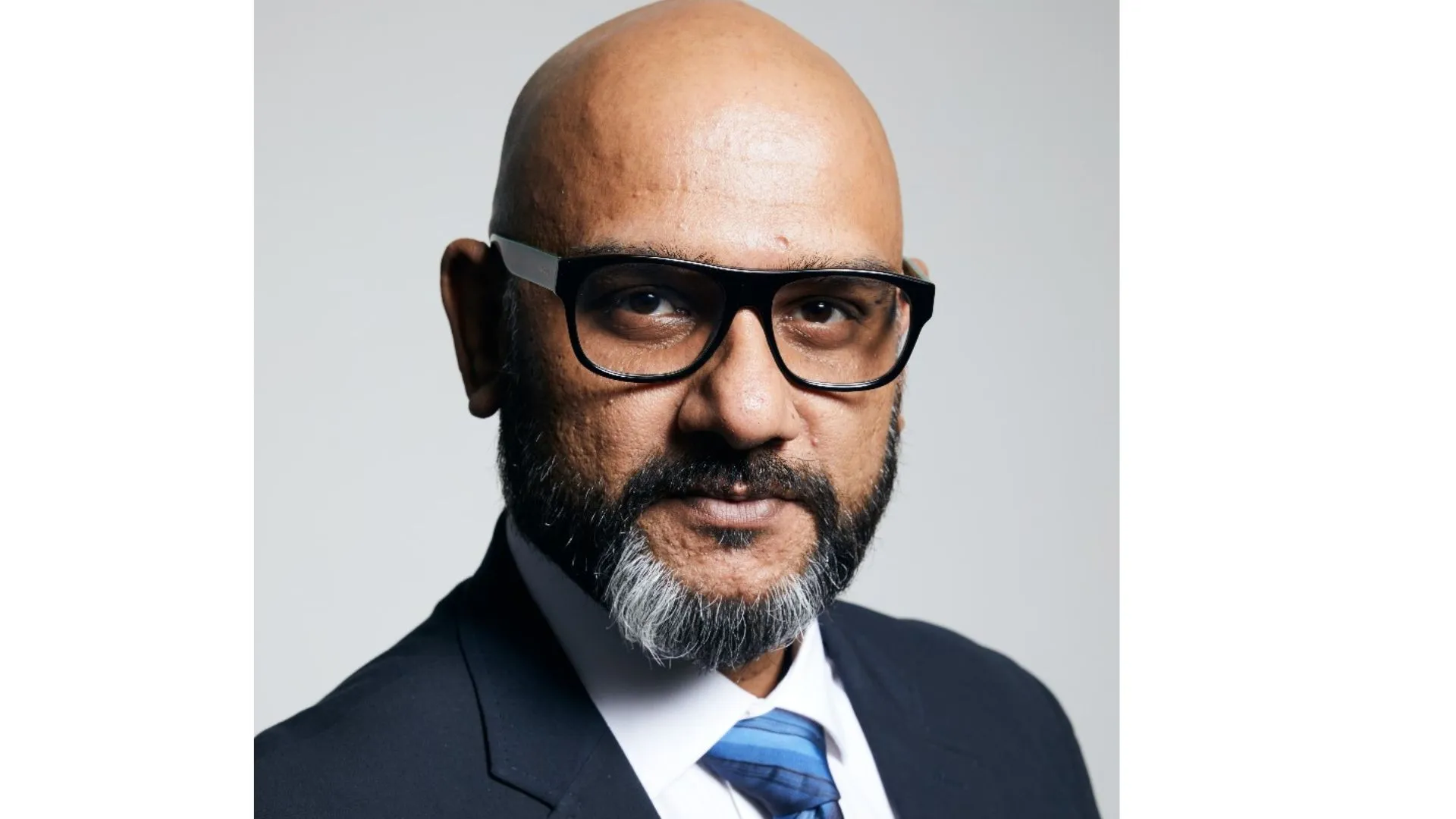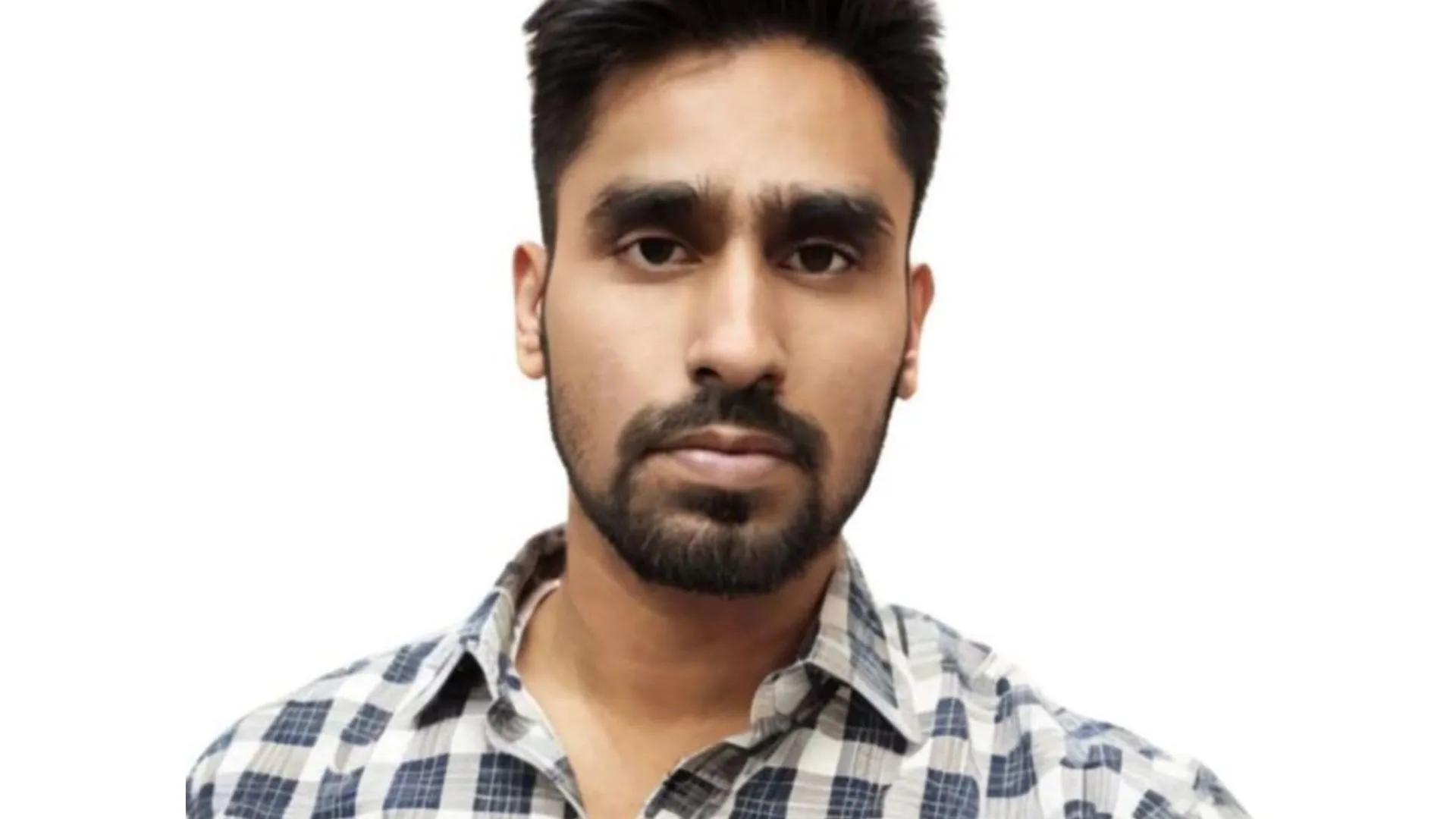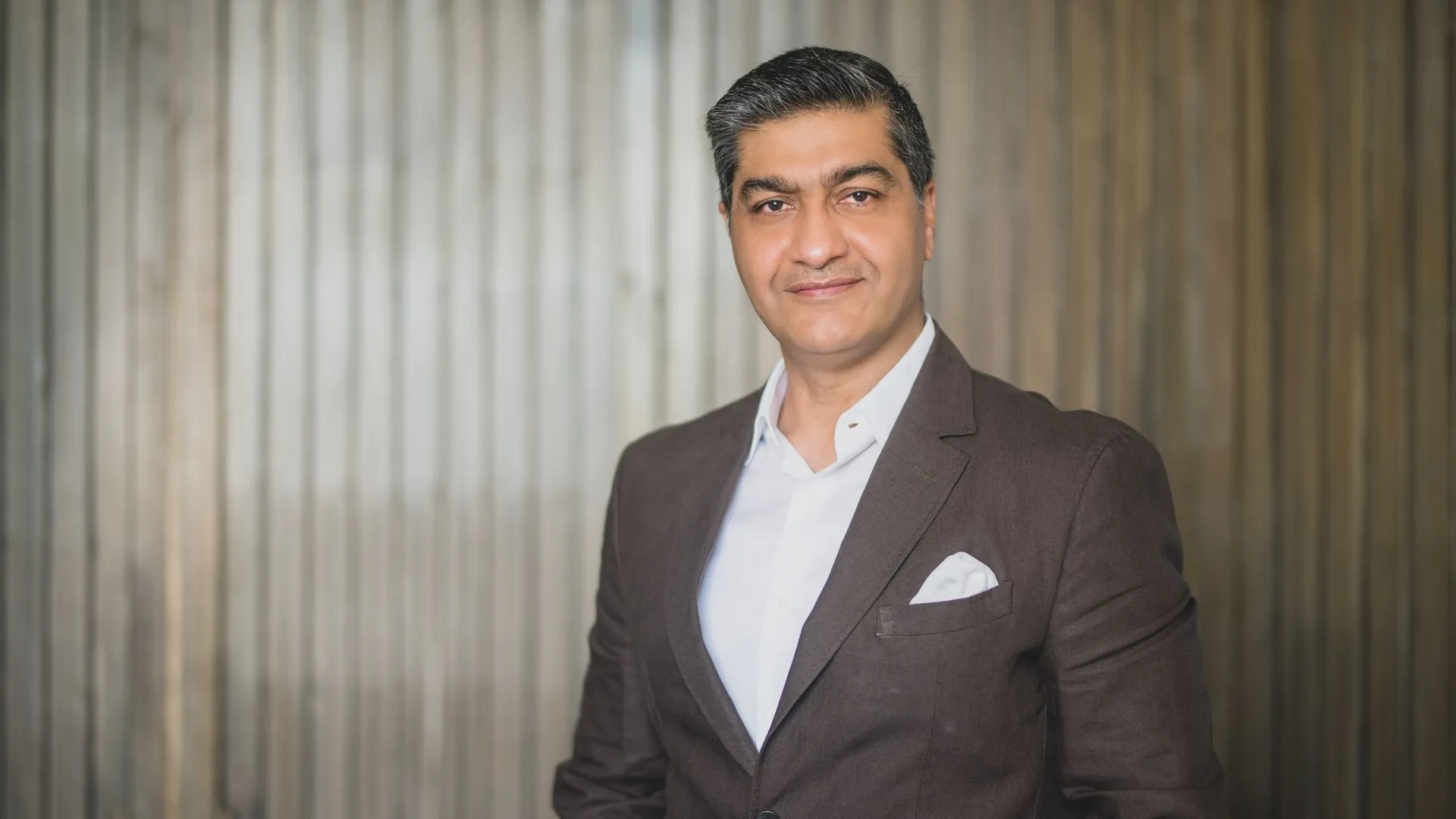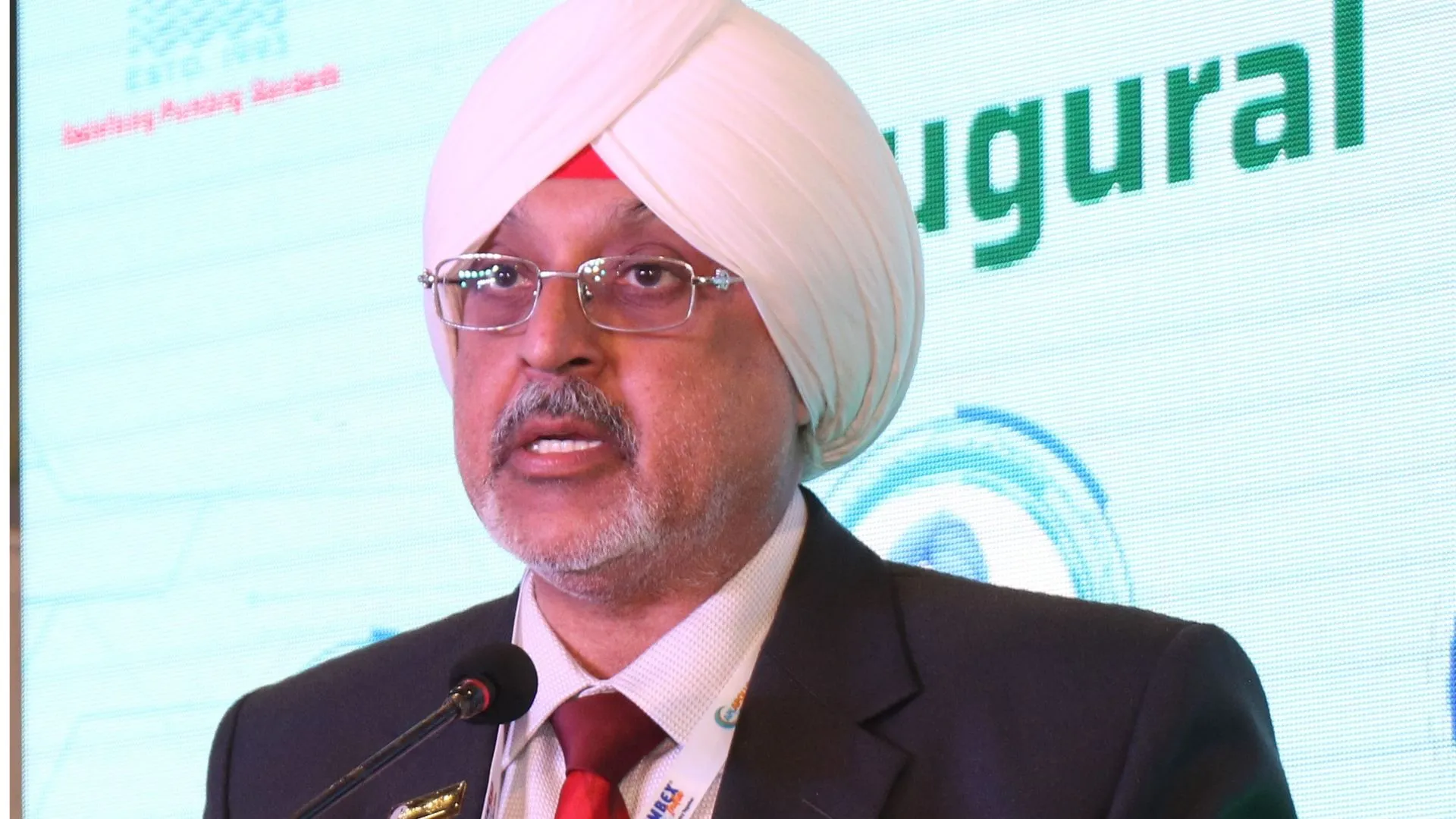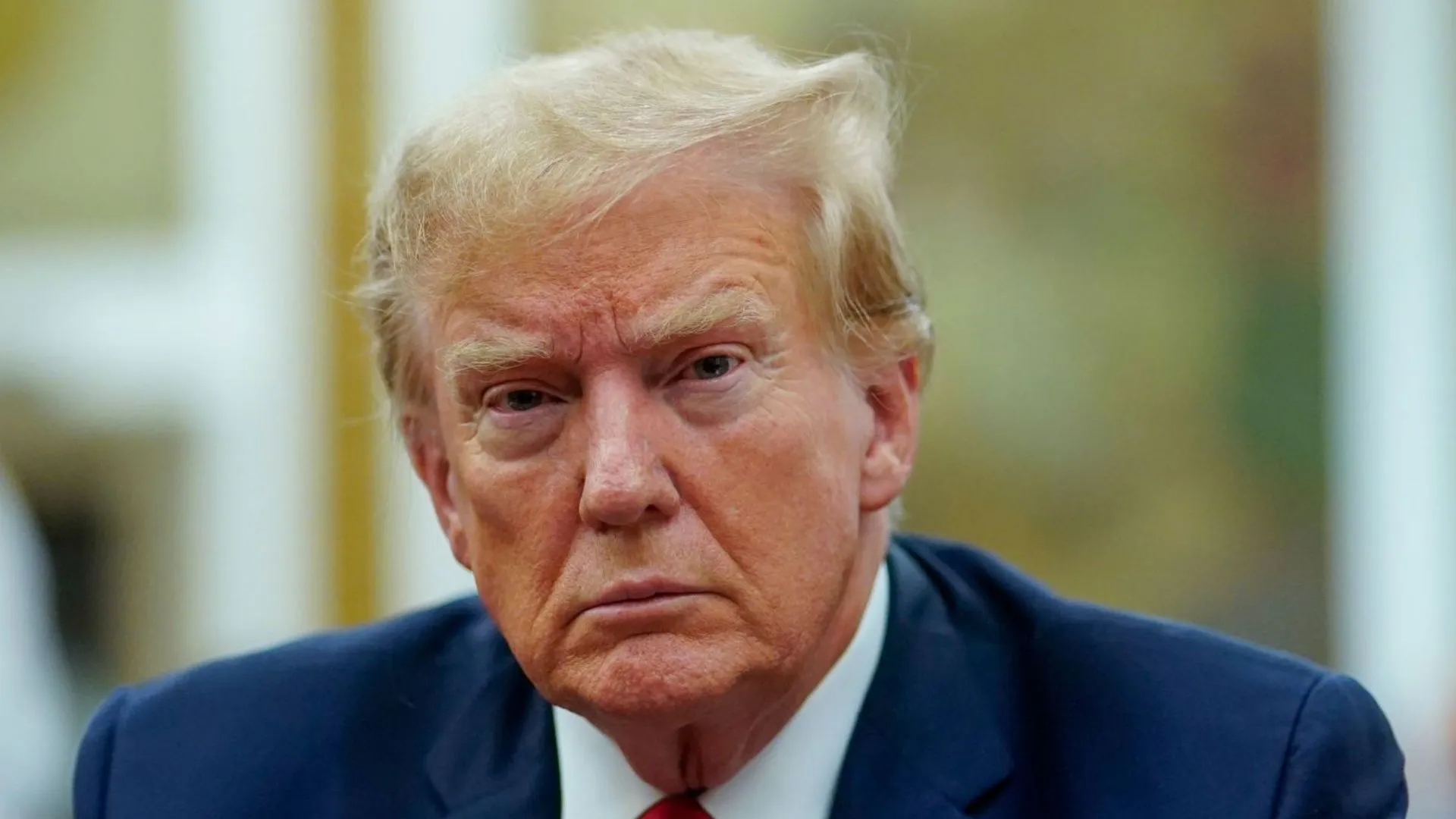With the Union Health Ministry noting a surge in Covid-19 cases across the country, official sources have said that the reason behind the spike is the Omicron variant which has started replacing its predecessor Delta in India and the world. According to Municipal Corporation of Greater Mumbai, in the latest batch of genome sequencing, of the 282 samples collected from Mumbai, 55% cases were of the Omicron variety, 13% were Delta, and the rest 32% were derivatives of the Delta variety.
As per government sources, Omicron variant infections account for around 80% of Covid-19 cases detected among international travellers. Union Health Minister Mansukh Mandaviya has been holding a review meeting daily over the Covid-19 situation since 25 November with all officials and public health experts.
“The trend of an increasing number of Covid-19 cases shows that it is due to Omicron, which is replacing Delta in India and globally as well,” official sources said. However, most of the patients infected with Omicron are asymptomatic and some of them are mildly symptomatic, they added.
Since the first two cases of Omicron were reported in India on 2 December, the Union Health Ministry has been working on mission mode and Prime Minister Narendra Modi is also monitoring the situation closely. “The Ministry of Health and Family Welfare’s war room is dedicatedly working 24×7, even at night senior officers are monitoring, analysing and reviewing the situation, the trends and surge in cases,” said sources.
Delhi witnessed 1,796 fresh Covid cases in the last 24 hours. While Maharashtra saw 8,067 Covid cases, which included, Mumbai’s 5,428 cases. India on Friday reported 16,764 new cases, while 1,270 cases of its Omicron variant.
CENTRE WRITES TO STATES
The Centre on Friday called upon states and union territories to consider anyone with fever, headache, sore throat, breathlessness, body ache as a suspect case of COVID-19 and conduct tests. “lt is also emphasized that during the current upsurge of COVID-19 cases, any individual with fever with/without cough, headache, sore throat, breathlessness, body ache, recent loss of taste or smell, fatigue and diarrhoea should be considered as a suspect case of COVID-19 unless proven otherwise by confirmation of another etiology. All such individuals must be tested. While awaiting the test results, they should be advised to immediately isolate themselves and follow the home isolation guidelines of Ministry of Health & Family Welfare,” Union Health Secretary Rajesh Bhushan said in a letter to states and UTs.
Bhushan also asked the states and UTs to ramp up rapid antigen tests (RAT) as RTPCR-based testing leads to delays in confirming the diagnosis due to its turnaround time of 5-8 hours.
He urged them to set up multiple RAT booths on a 24/7 basis and permit RATs at government and private hospitals, including all districts hospitals and primary healthcare centres.
“Use of self-tests/home tests may be encouraged for symptomatic individuals. Seven such home testing kits have been approved so far, and two of them are also available on the GeM portal,” the letter states.
“All RT-PCR and RAT results should be uploaded on the ICMR portal,” it added.
India has a network of 3,117 molecular testing laboratories, which includes 2,014 RTPCR, 941 TrueNat, 132 CBNAAT and 30 other testing platforms. India’s estimated daily molecular testing capacity is more than 20 lakh per day.
‘LEARN TO LIVE WITH SARS-COV-2’
Meanwhile, suggesting that people should learn to live with SARS-CoV-2 and its variants which will continue to emerge, virologist Dr Gagandeep Kang, however, on Friday said that the Omicron variant of coronavirus is comparatively less severe than other variants.
Dr Kang said, “We will have to learn to live with SARS-CoV-2 and its variants which will continue to emerge. There will be many waves, time and again. But fortunately, Omicron seems comparatively less severe than other variants.” “I believe we should be sending children to school, as generally Covid-19 infections are not much severe in children. Data available to inform a decision as to which vaccine should be used as a booster dose in India is very little,” she added.
145 CRORE VACCINE DOSES
On New Year’s Eve, as India crossed the milestone of administering 145 crore Covid-19 doses to the eligible population, Mandaviya said “ending the year on a great note”.
“Ending the year on a great note by crossing the milestone of 145 crore Covid-19 vaccinations,” the Union Health Minister tweeted. Thanking the healthcare and frontline workers for helping achieve the milestone, the minister added, “My gratitude to our doctors, scientists, healthcare and frontline workers for displaying immense grit, determination and resolve in the challenging 2021 year.”
As per CoWIN portal, India administered 1,45,05,86,211 vaccine doses by 4.26 pm. On Friday, a total of 49,38,832 vaccine doses were administered by 4.26 pm.
India’s nationwide vaccination drive against Covid-19 commenced on 16 January 2021.
As per the Centre, more than 150.66 crore vaccine doses have been provided to States and UTs.



